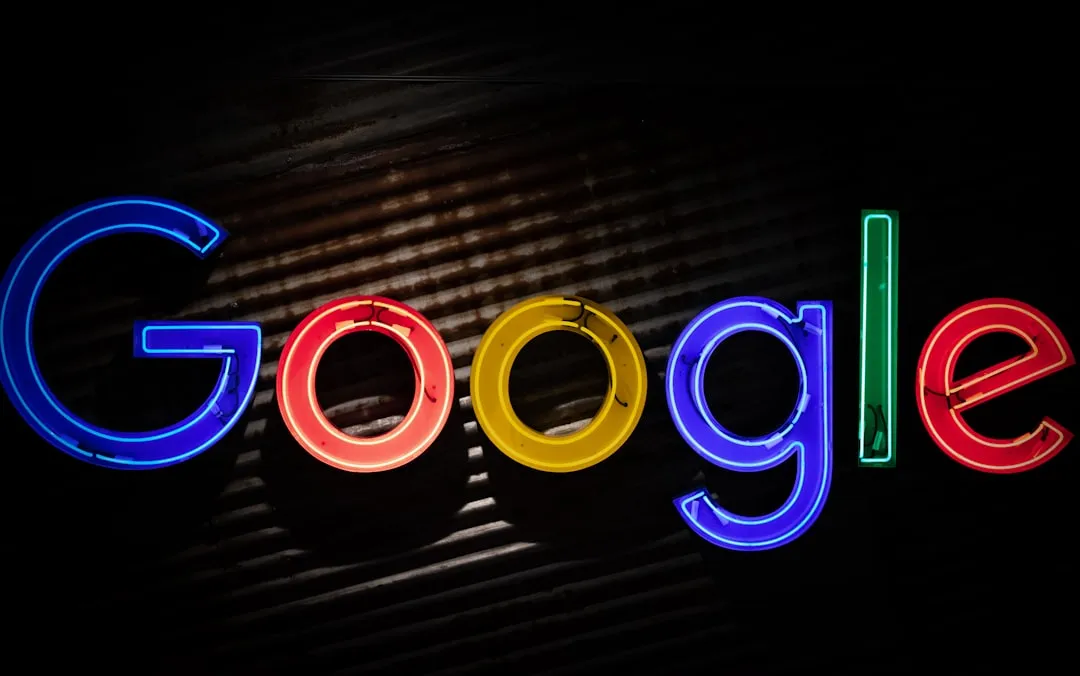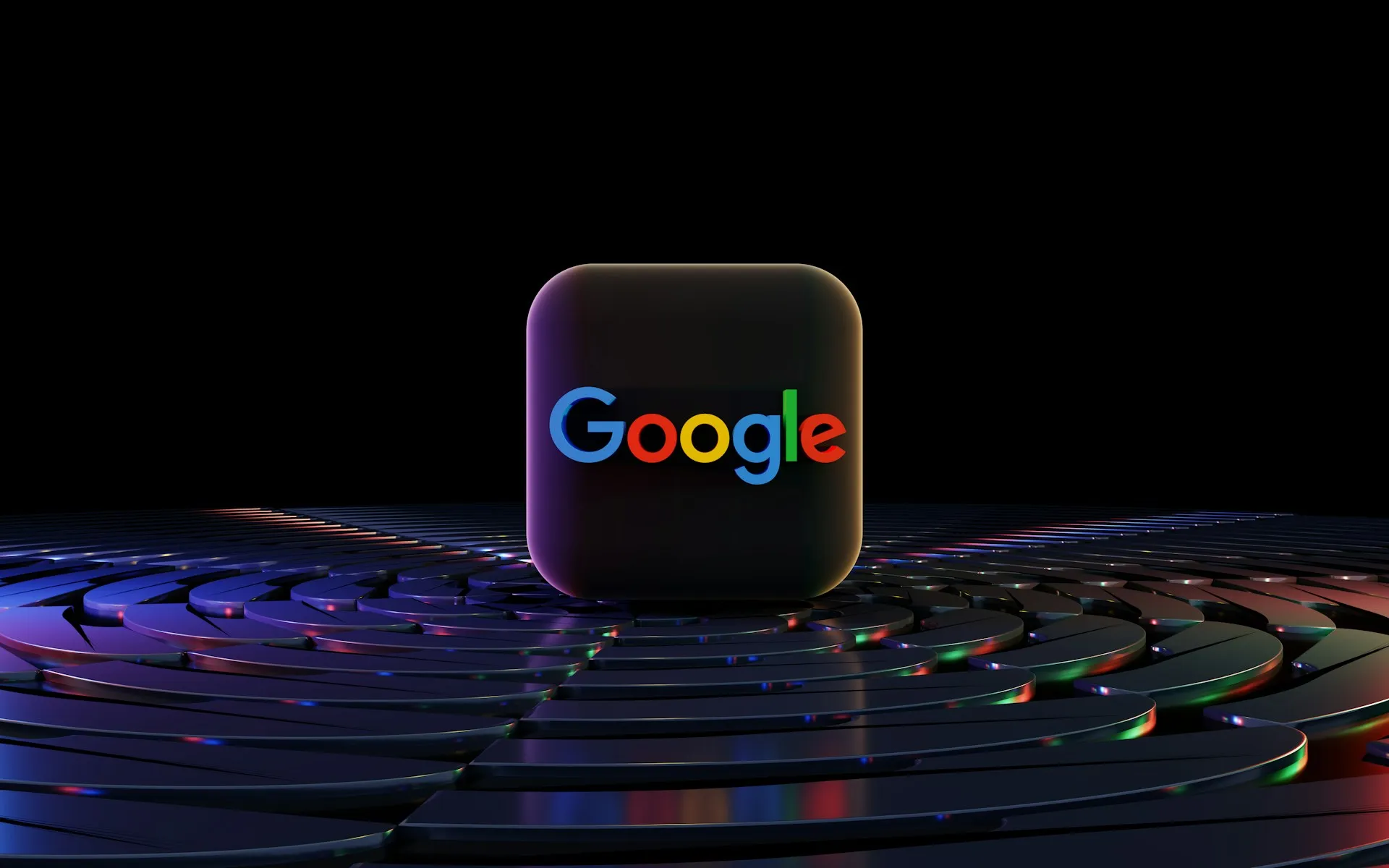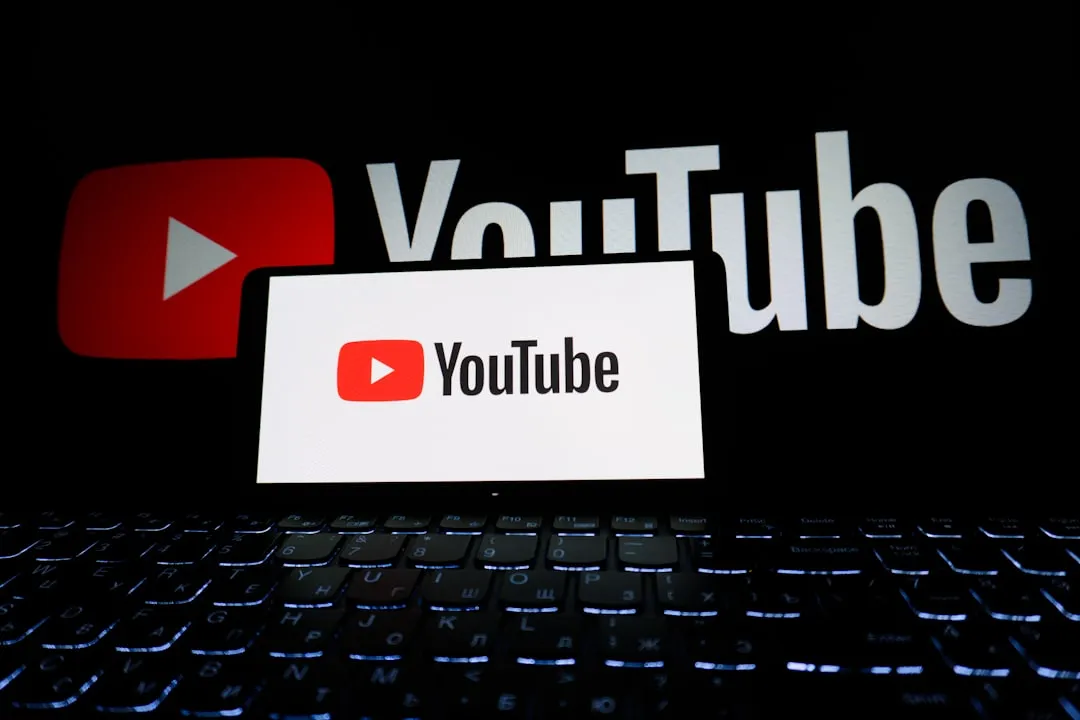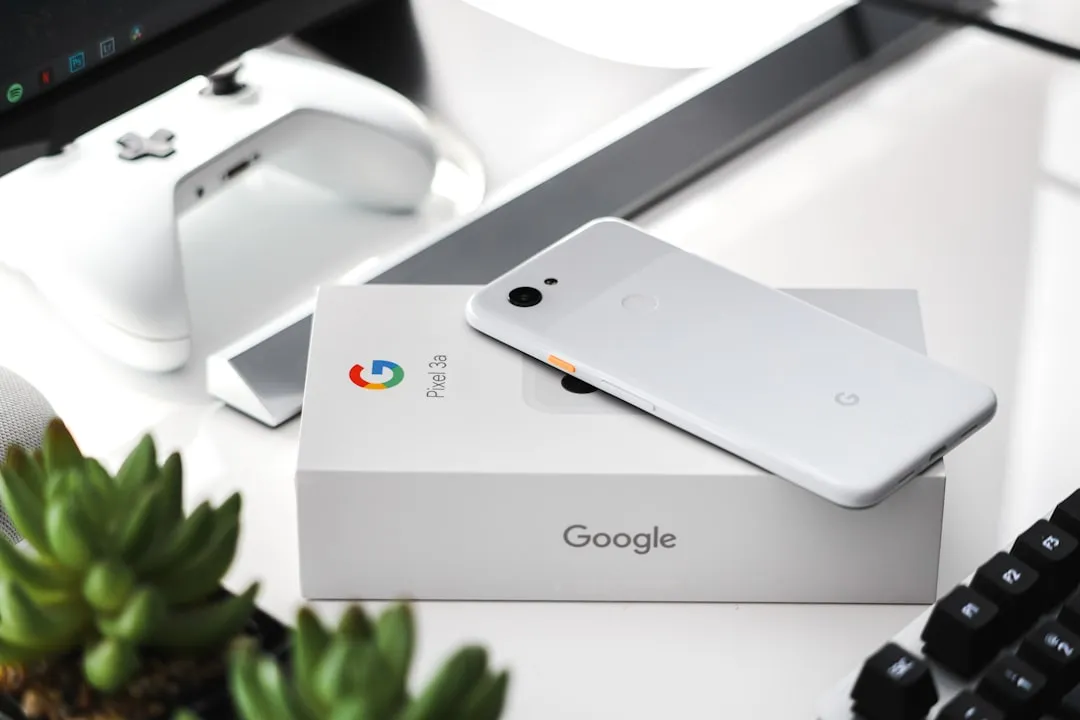Google's regulatory reckoning has finally arrived—and it's expensive. The tech giant is facing a historic $3.5 billion fine from European authorities for breaking antitrust laws, but this is just the tip of the iceberg. With courts finding Google liable for maintaining monopoly power and global antitrust enforcement fines hitting $6.7 billion in 2024—more than double 2023's total—we're witnessing a fundamental shift in how regulators approach Big Tech monopolies.
PRO TIP: This isn't just about one company getting fined. The coordinated global crackdown on Google represents the end of Big Tech's "move fast and break things" era. For consumers and competitors, this could mean real change in how we access information and digital services.
The billion-dollar reality check: What Google actually did wrong
Let's break down the scale of Google's legal troubles. In April 2025, U.S. District Judge Leonie Brinkema found Google liable for 'willfully acquiring and maintaining monopoly power' through its integration of advertising tools. The court found that Google violated antitrust laws by monopolizing open-web digital advertising markets for over 15 years, manipulating ad-tech auctions and stifling competition.
Here's where it gets interesting: Google's dominance isn't just about search. The company commands more than 90% of Android app downloads and processes over 24 billion updates per week through its Play Store. That level of control means Google decides which developers succeed, what users can access, and how much everyone pays.
The EU's approach has been particularly aggressive. The Digital Markets Act designated Google as a 'gatekeeper', imposing strict data governance rules. The EU can fine companies up to 10% of their global annual revenue for DMA violations, which translates to a potential $35 billion maximum penalty based on Google's 2024 earnings.
The genius of Google's strategy—and what makes it so problematic—lies in how its 2008 DoubleClick acquisition created the infrastructure for today's violations. By purchasing the dominant ad-serving platform, Google didn't just buy a competitor; it acquired the tools to control every step of the digital advertising process. This acquisition enabled Google to implement the DMA-violating practices and Play Store restrictions that courts are now finding illegal—turning what appeared to be routine business expansion into the foundation of systematic market manipulation.
The ad tech empire under siege
Google's advertising empire is where the real money flows—and where regulators are focusing their firepower. These ad tech tools account for roughly $95 billion in annual revenue, approximately 15% of Alphabet's total revenue. But here's the kicker: Google's advertising technologies generate about $30 billion annually and form the backbone of internet economics.
The DOJ's case reveals how Google systematically eliminated competition. The DOJ has demanded a structural divestiture of Google's ad tech business, including the sale of DFP and AdX. Internal evidence shows Google takes a 20 percent commission on transactions carried out through its ad exchange, while Google's DFP ad server has enjoyed a market share of 84 to 90 per cent over the last ten years.
The court's findings are damning. Google engaged in unlawful conduct to maintain monopolies by limiting publisher ad server access and requiring publishers who wanted access to AdX to use DFP. This isn't just market dominance—it's market manipulation.
Bottom line: Google essentially became the auctioneer, the auction house, and the payment processor all at once. When competitors tried to offer better deals or more innovative solutions, Google made it increasingly difficult for them to participate. Internal documents revealed that Google deliberately designed its systems to favor its own services—and when publishers tried to resist these changes, Google knew they had no choice but to comply or lose access to essential advertising revenue.
Europe leads the global crackdown
The European Commission isn't playing games. Abuse of dominance decisions by The European Commission accounted for over 75% of the overall global fine volume in 2024. Beyond Google, the EC set its third ever highest fine with its EUR1.84 billion fine on Apple and fined Meta EUR797.7 million for abusing its dominance.
Google's European troubles run deep. The EU's top court upheld a record-breaking €2.4 billion fine for anti-competitive promotion of its Shopping service. Google was leveraging its dominant position on the market for general search services to favour its own comparison shopping service, presenting search results with attractive visual information while relegating competitors to basic links.
The pattern is clear: Google has accumulated penalty exposure of more than 8 billion euros by the EU for various antitrust violations. This isn't just about one case—it's systematic regulatory pushback against Google's market practices.
What makes Europe's approach revolutionary is its shift from traditional antitrust thinking. Unlike previous cases that focused on consumer harm through higher prices, the EU's Digital Markets Act targets "gatekeeper behavior" that stifles innovation and choice. In the Shopping case, the court found that Google's conduct was discriminatory and did not fall within the scope of competition on the merits. Translation: Google wasn't winning because it was better—it was winning by rigging the game, and that's enough for enforcement action regardless of immediate consumer impact.
What happens next: The $200 billion question
The stakes couldn't be higher. The remedies trial will decide whether Google must divest its ad tech assets or adopt behavioral changes, with the U.S. Department of Justice's antitrust showdown with Google entering its final phase this fall.
Google isn't going down without a fight. The company has opposed the breakup, warning of 'seismic disruptions' to its ad tech ecosystem and proposes behavioral adjustments, such as ending "Unified Pricing Rules" (UPR) and sharing bid data with competitors. But UBS warned in 2025 that a forced breakup of Google's ad-tech business could trigger a 30% stock plunge.
The ripple effects extend far beyond Google. A breakup could create opportunities for rivals like Meta, TikTok, and independent ad tech firms, while the case mirrors EU antitrust actions against Google and could influence ongoing U.S. cases targeting Amazon and Meta.
Here's what makes Google's predicament particularly challenging: the company has already tried to make concessions, proposing alternative billing options and even considering partial divestitures to appease European regulators. But publishers rejected the proposal, viewing these measures as insufficient half-steps that fail to address the fundamental structural problems. With the Biden and Trump administrations both supporting this case, there's rare bipartisan consensus that meaningful action is required—making it nearly impossible for Google to wait out the regulatory storm.
The new era of tech regulation
Bottom line: We're witnessing the end of Big Tech's regulatory free pass. The Biden and Trump administrations both have supported this case, showing rare bipartisan cooperation in prosecuting tech monopolies. The current batch of significant antitrust cases working through the courts could eventually provide the U.S. Supreme Court an opportunity to reshape antitrust jurisprudence for the digital era.
Google's $3.5 billion fine isn't just a penalty—it's a signal that the era of unchecked tech dominance is ending. With global antitrust enforcement reaching unprecedented levels and regulators worldwide coordinating their efforts, the question isn't whether Google will face more consequences, but how dramatically the entire tech landscape will reshape in response.
What makes this regulatory moment truly unprecedented is the coordinated international response. European, American, and other regulators are no longer working in isolation—they're sharing intelligence, coordinating enforcement strategies, and learning from each other's legal frameworks. This makes it impossible for tech giants to play regulatory arbitrage or simply absorb fines as a cost of doing business. When the EU develops new approaches like the Digital Markets Act's "gatekeeper" framework, U.S. courts take notice, creating a global convergence toward tougher tech oversight.
The implications cascade beyond Google to the entire interconnected web of Big Tech dominance. Apple faces its own antitrust challenges, Meta confronts divestiture demands around Instagram and WhatsApp, and Amazon faces scrutiny over its treatment of third-party sellers. Unlike previous enforcement efforts that tackled companies in isolation, regulators now understand how these platforms reinforce each other's market power and are addressing the ecosystem systematically.
For users, developers, and competitors who've been squeezed by Google's dominance, this regulatory reckoning might finally level the playing field. If these enforcement actions deliver on their promise, we could see genuine choice in search engines, real competition in digital advertising, and innovation from companies that no longer face impossible barriers to entry. The real test will be whether these legal victories translate into tangible changes in how we experience and interact with digital platforms.
The era of "move fast and break things" is over. Welcome to the age of "comply or pay the price."























Comments
Be the first, drop a comment!